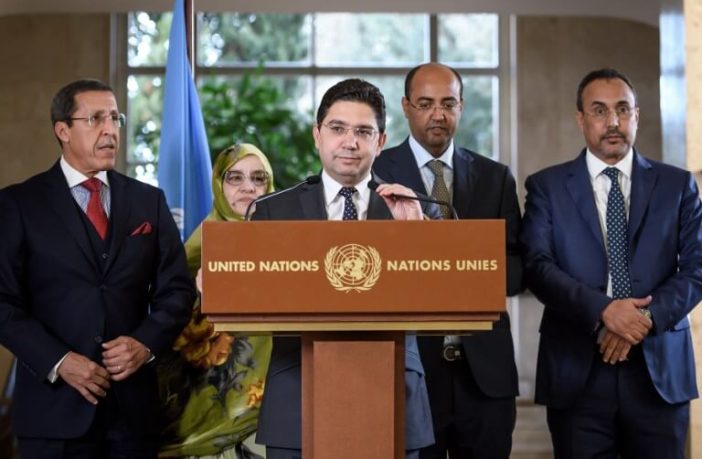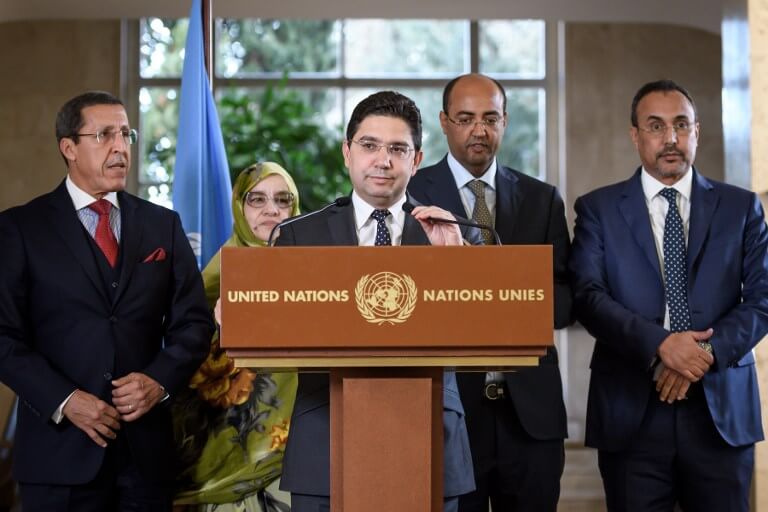Sahara News
Ali Haidar
Horst Köhler, the personal envoy of the UN Secretary-General for the Sahara, is expected to gather, on March 21 and 22 in Geneva, the four protagonists of this regional conflict: Morocco, Algeria, the Polisario and Mauritania, for a second meeting, similar to the model of the first round table organized in the Swiss capital last December.
As demanded by Morocco, an Algerian delegation will be present on the same basis as the other parties, Rabat considering that Algeria is the ordering boss of the Polisario separatist movement that it supports and shelters on its soil.
Morocco believes that Algeria cannot shirk its responsibilities in the creation and perpetuation of the Sahara conflict and must contribute, as requested by the UN Security Council, to the search for a solution.
Although Horst Köhler has not yet unveiled his approach for Geneva II, this second round table will be held while important developments have occurred in recent months, signaling an unprecedented diplomatic erosion of the Polisario’s position.
On top of these setbacks, there is the adoption by the European Parliament last January and February of the Morocco-EU agricultural and fisheries agreements. These agreements pulled the rug out from under the feet of the Algeria-Polisario couple as they explicitly included the Sahara.
The other no less important event was the promulgation, in February, by President Donald Trump, of the Budget Act 2019 which stipulates that US funds allocated to Morocco are also used for assistance in Western Sahara.
In addition to the collapse of the Polisario at the international level and the support garnered by the Moroccan autonomy plan for the Sahara, these two events will undoubtedly have a heavy impact on the position of the separatist movement and of its mentor, Algeria.








